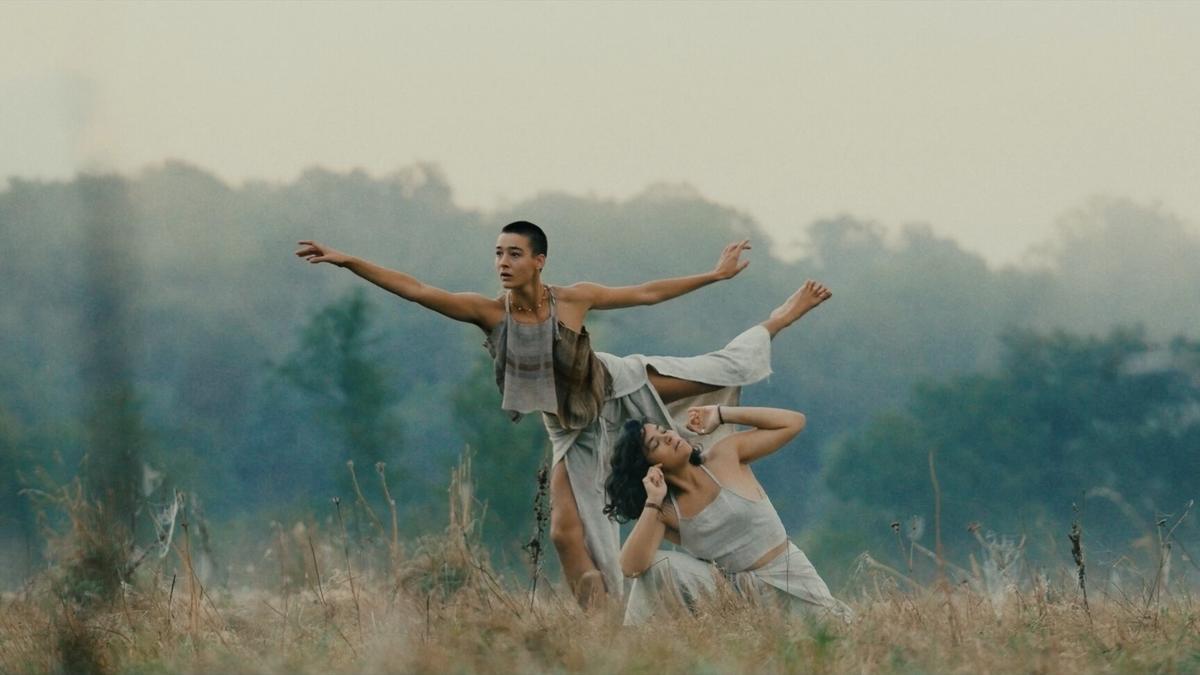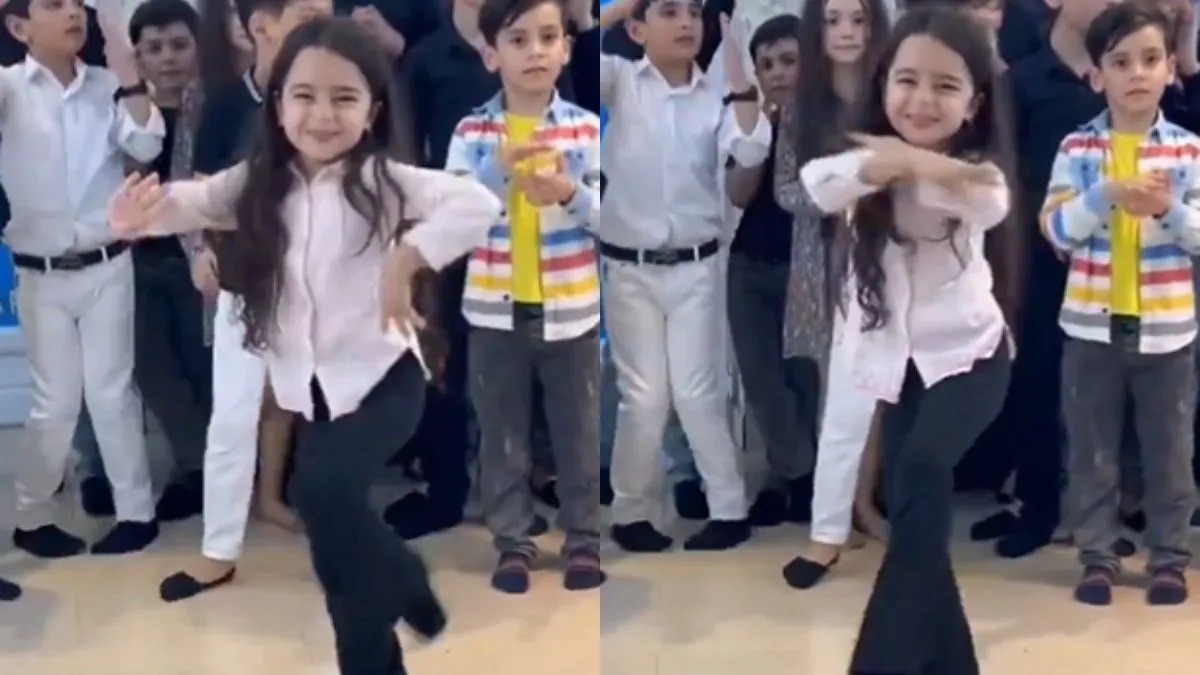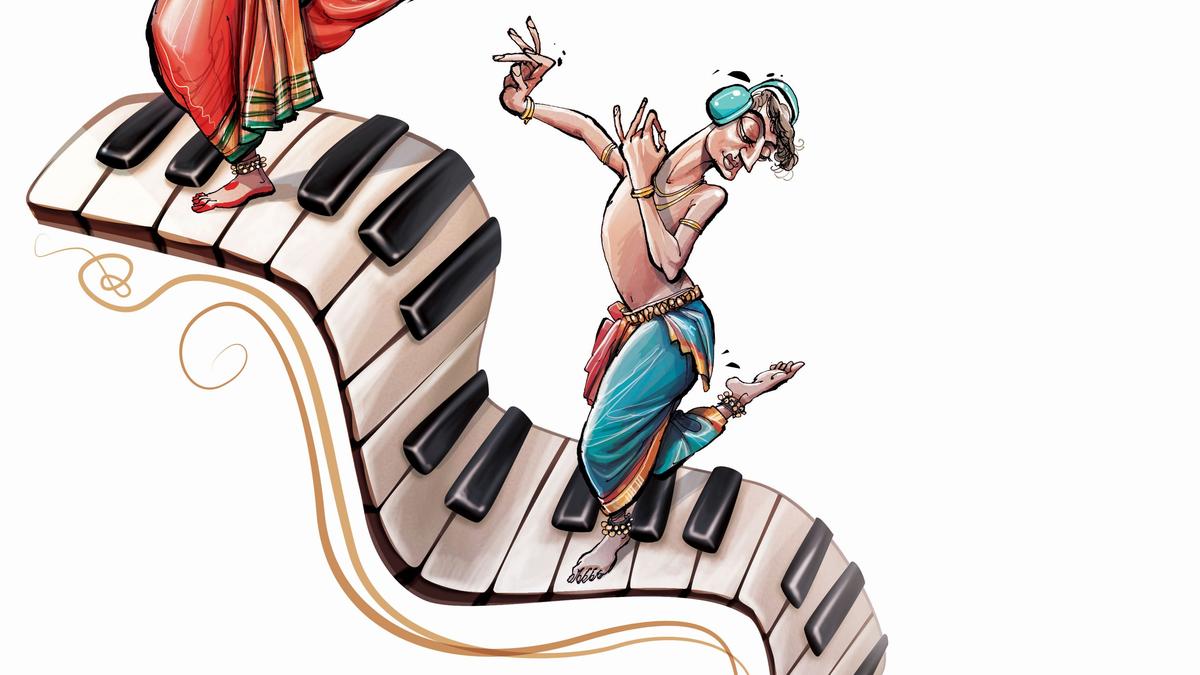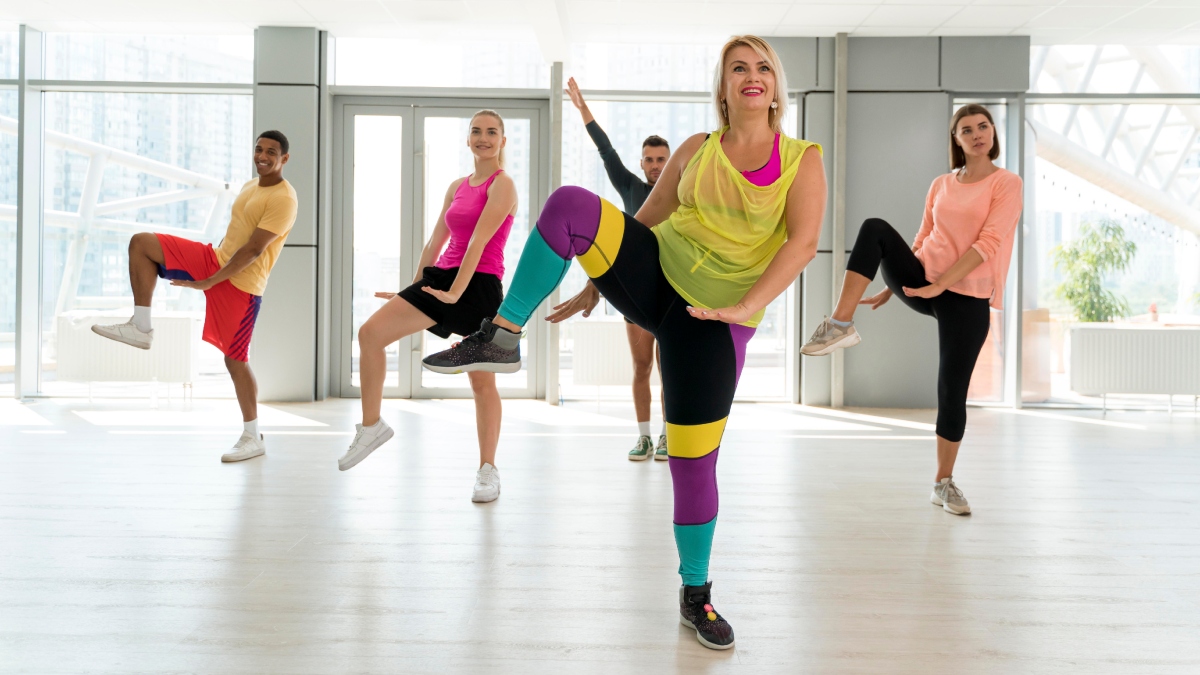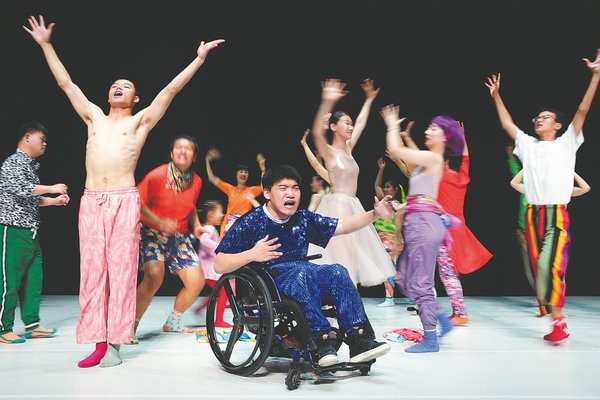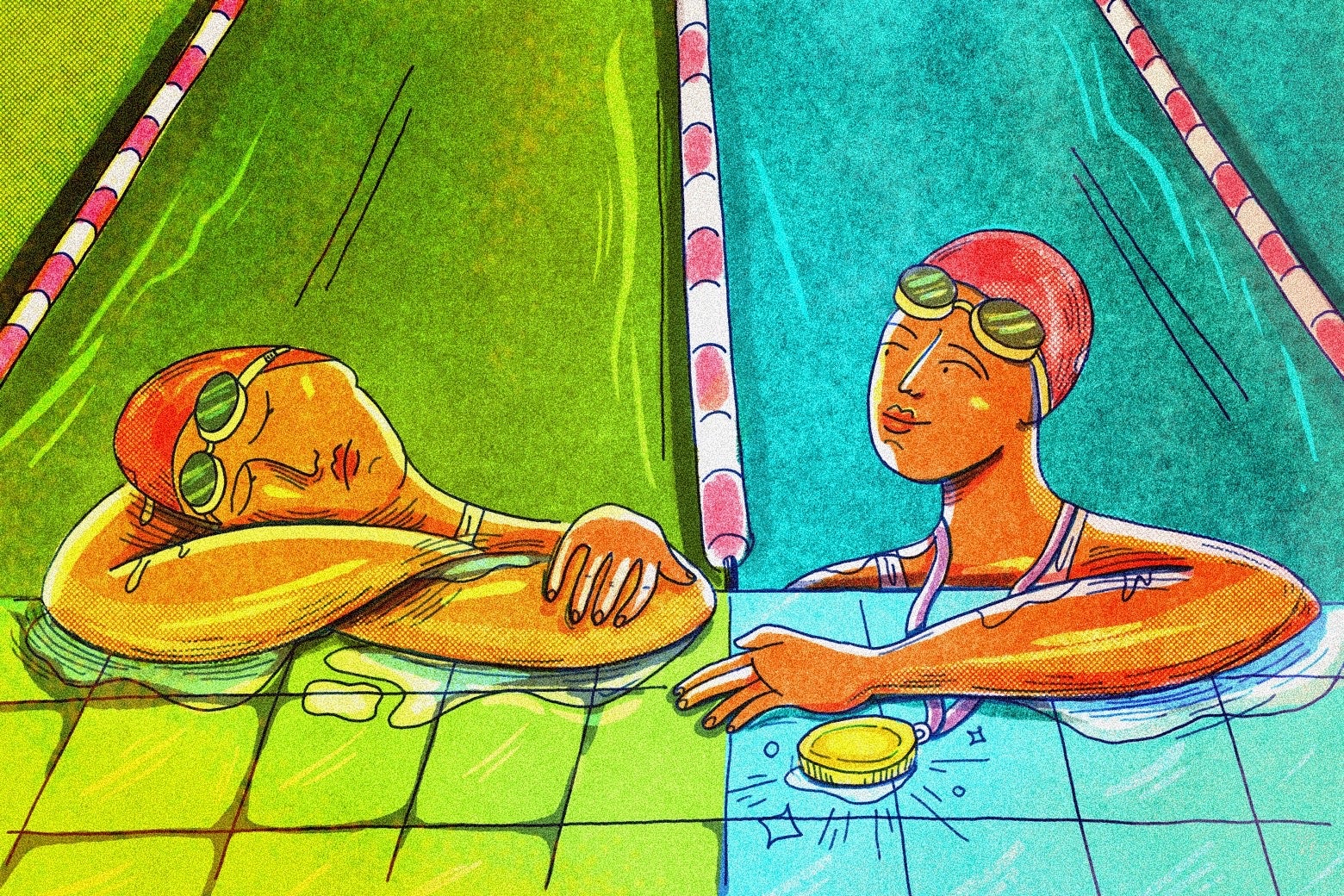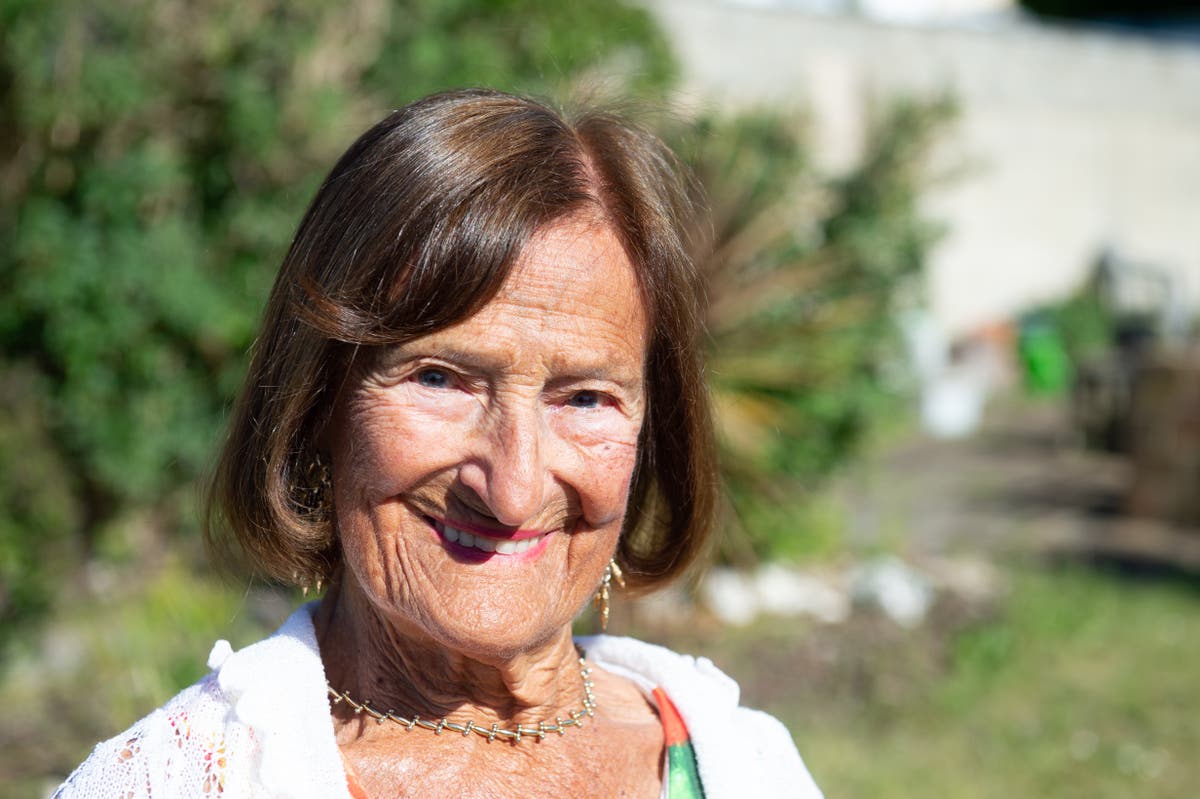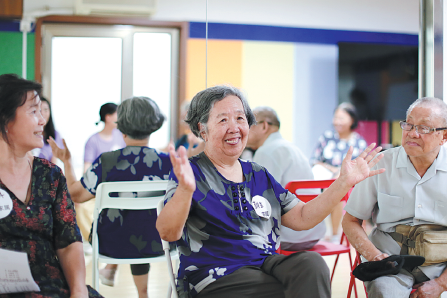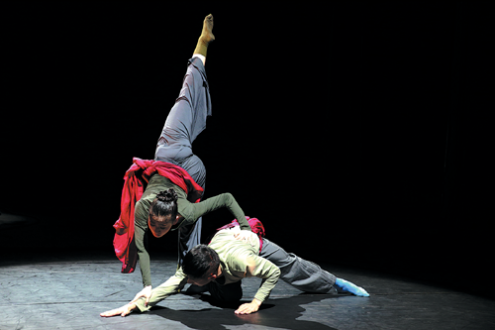
Helen Skelton: Why dancing is so good for your mental health
The IndependentSign up to our free Living Well email for advice on living a happier, healthier and longer life Live your life healthier and happier with our free weekly Living Well newsletter Live your life healthier and happier with our free weekly Living Well newsletter SIGN UP I would like to be emailed about offers, events and updates from The Independent. Read our privacy policy Strictly star and Blue Peter legend Helen Skelton has said she “found her confidence on the dancefloor” as she prepares for the Strictly Come Dancing final.The TV and radio presenter, 39, and her professional partner Gorka Marquez, 32, is among one of the four couples who will compete on Saturday to win the glitterball trophy. “Dance is a hugely beneficial activity for mental and physical wellbeing – a great workout for the mind and the body,” says Dr Tom MacLaren, consultant psychiatrist at Re:Cognition Health. “Dance affords a sense of escapism,” MacLaren explains, “where we can forget about the day-to-day worries that may cause distress – the music can also transport us back in time and evoke fond memories.” From nostalgic tracks to personal favourites, Skelton and the cast of Strictly Come Dancing get opportunities to lose themselves in different times, places, or characters week after week, perhaps helping them find a new happy place. 28% of people, according to Mind, report feeling depressed after a divorce and a huge 51% of people report feeling lonely after their divorce, so being able to meet people and immerse yourself in learning new steps and routines could be a helpful tool in tackling this.“Dancing can also be a great cardiovascular workout,” says MacLaren, “which plenty of research suggests has a positive impact on our body and brain.”
Discover Related


